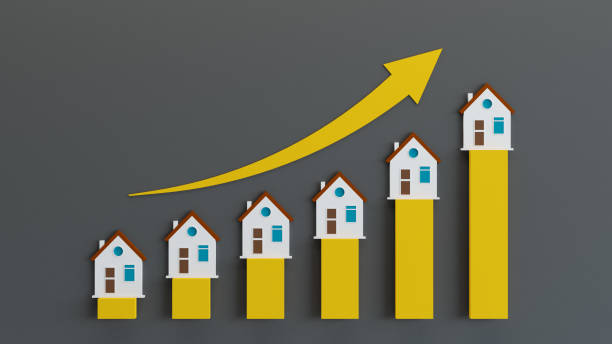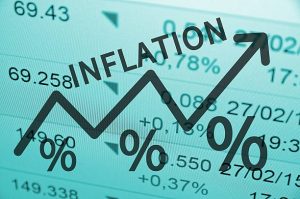 The real estate market is inherently linked to the broader economy, and fluctuations in economic conditions can significantly influence property prices, demand, and investment trends.
The real estate market is inherently linked to the broader economy, and fluctuations in economic conditions can significantly influence property prices, demand, and investment trends.
In this article, we’ll explore the various economic factors that impact the real estate market and how they shape the buying, selling, and investing landscape.
- Interest Rates: One of the most significant economic factors influencing the real estate market is interest rates set by central banks. Lower interest rates stimulate borrowing and make mortgages more affordable, leading to increased demand for property and potentially driving up prices. Conversely, higher interest rates can dampen demand as borrowing becomes more expensive, resulting in a slowdown in the real estate market.

- Economic Growth: Economic growth, measured by indicators such as GDP (Gross Domestic Product) and employment rates, has a direct impact on the real estate market. Strong economic growth tends to boost consumer confidence, increasing demand for both residential and commercial properties. Conversely, economic downturns can lead to decreased demand and lower property prices.
- Inflation: Inflation, the rate at which prices for goods and services rise, also affects the real estate market. Moderate inflation can be positive for real estate investments, as property values tend to increase over time. However, high inflation rates can erode purchasing power and may lead to higher borrowing costs, potentially impacting property affordability and demand.

- Housing Affordability: The affordability of housing relative to incomes is a critical economic factor driving the real estate market. Factors such as wage growth, housing supply, and mortgage rates influence housing affordability. In markets where housing costs outpace income growth, affordability issues may arise, impacting demand and market dynamics.
- Supply and Demand Dynamics: The balance between supply and demand is a fundamental driver of property prices and market activity. Economic factors such as population growth, household formation, and construction activity influence supply levels, while factors like employment trends and income levels impact demand. Shifts in supply and demand dynamics can lead to fluctuations in property prices and rental rates.

- Government Policies and Regulations: Government policies and regulations, including tax incentives, zoning laws, and housing policies, can have a significant impact on the real estate market. Changes in government policies, such as tax breaks for homeownership or incentives for property development, can influence investor behavior and market sentiment.

- Global Economic Factors: Global economic trends, such as geopolitical events, trade policies, and currency fluctuations, also affect the real estate market, especially in interconnected economies. Economic instability or uncertainty in global markets can impact investor confidence and capital flows, influencing real estate investment decisions.
The real estate market is intricately intertwined with the broader economy, and understanding the impact of economic factors is essential for investors, homeowners, and industry professionals. By monitoring economic indicators, analyzing market trends, and adapting to changing economic conditions, stakeholders can navigate the real estate landscape more effectively and make informed decisions.



